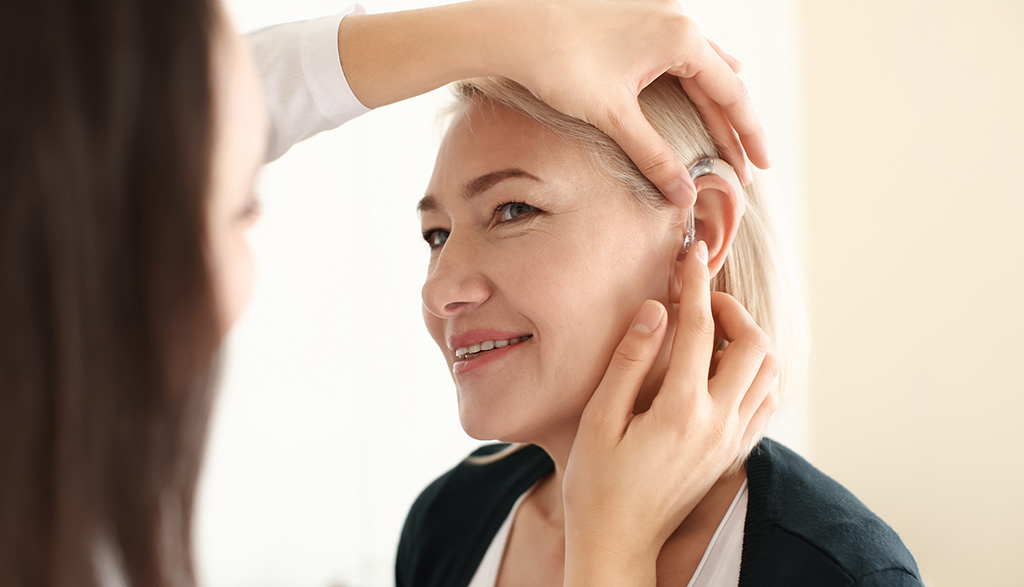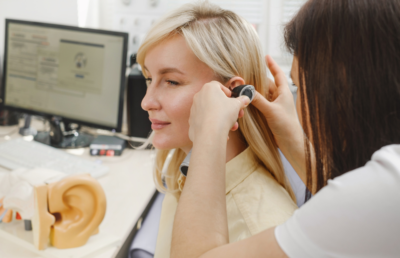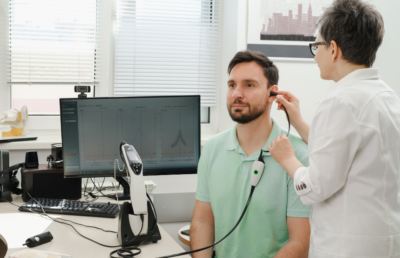On any average business day, we see a number of hearing patients. For us, it’s something we’re used to, but we try to recognize that for each of them, their hearing appointment can be a great cause for anxiety but also excitement for finally getting some help with their hearing issues.
Being able to deliver a quality customer experience day in and day out is one of the most important things to us, and we do this by adhering strictly to a list of hearing care best practices. The actual checklist of technical best practices we adhere to is too long for the purposes of this post (see here if you’re interested). However, here are three broad best practices that are particularly important to us, and we’ve found that they’re equally important to our patients.
Patient History and Unique Considerations
One of the most important aspects of hearing care is not just taking the auditory tests at face value, but considering how each patient’s hearing loss fits within their overall physical and mental health.
Hearing Aid Features & Fit
Getting the patient to wear his or her hearing aids is half the battle. That’s why we don’t just look for the hearing aid that will adequately treat the patient’s level of hearing loss, but also one that they will actually enjoy wearing. Sometimes, this might mean that we actually choose a less ideal option in terms of treatment, but one that fits better within the patient’s lifestyle.
For all hearing aid fittings, we use real-ear measurements. The technology involves playing a sound into the patient’s ear to note how the unique structure of that ear shapes the sound intensity (volume) and frequency response (pitch). The hearing aid can then be adjusted to have the optimal settings for that patient’s ear. This allows us as audiologists to have an objective test to verify that the hearing aid is set appropriately to detect sounds of speech. Verifying the hearing aid fitting can ensure the patient is getting the maximum benefit from the hearing aids.
Follow-up Appointments
Our work is not done when the patient goes home happy with his or her new hearing aids. Proper hearing aid fitting can be a multiple visit process as we fine-tune the performance of each apparatus. Having the patient in for a follow-up visit also allows us to hear about their concerns with the new hearing aids and try to address these. Follow-up appointments are necessary to ensure the hearing aid is working optimally. Follow-up visits also cut down on the number of hearing aid repairs.
If you’ve been on the fence about getting treatment for your hearing loss, or if you have been less than happy with your current level of hearing loss treatment, we want to assure you that we will do everything within our power to help you hear better. Seeing audiologists that follow best practices can help you as a patient ensure you are getting the proper care you deserve. Contact us today to schedule your appointment!





